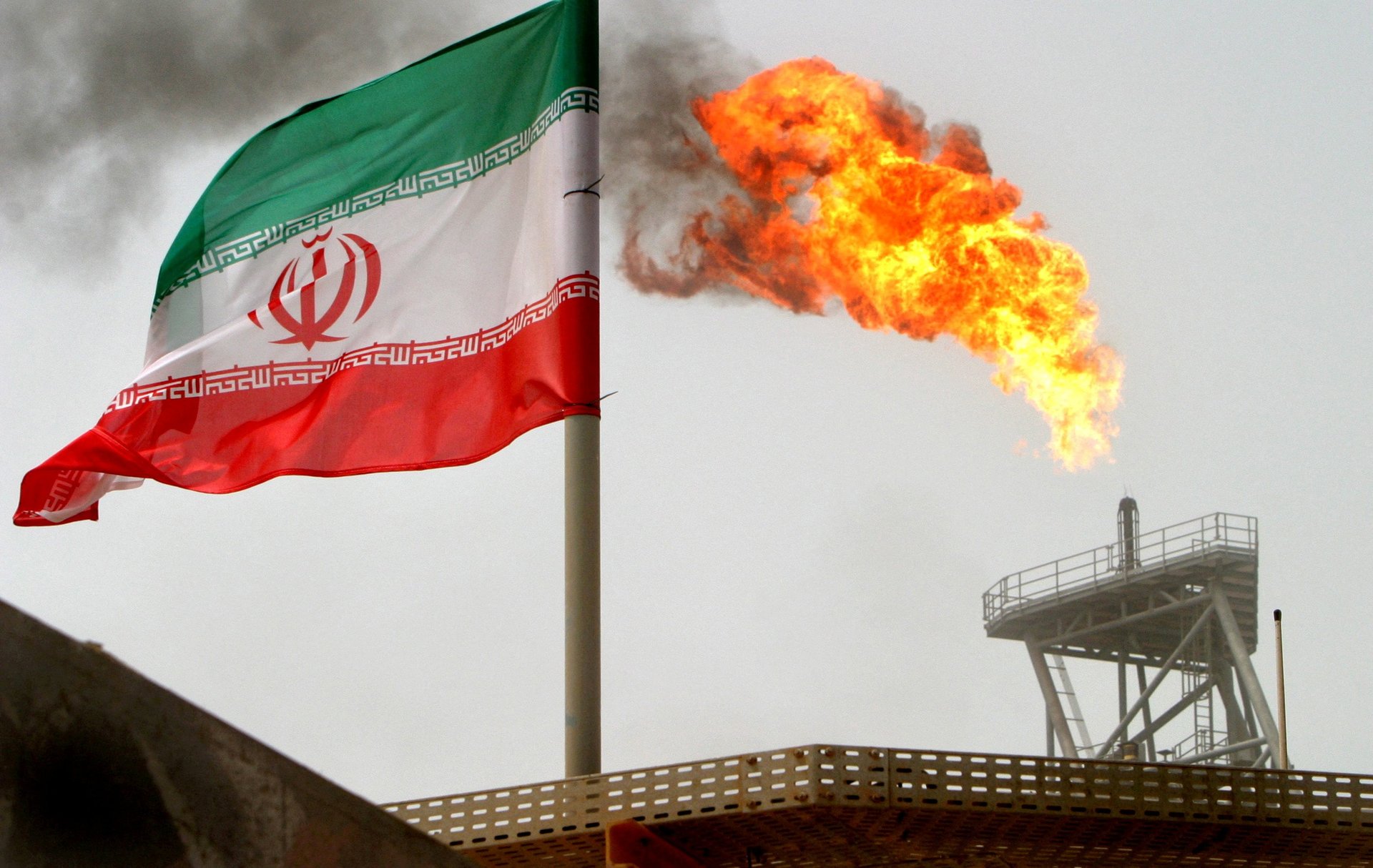Europe is running out of time to revive the Iran nuclear deal
Europe's energy crunch will get much worse in December, when it plans to cut off Russian oil.

Diplomats from Europe, the US, and Iran are inching closer to a revival of the 2015 nuclear deal that was scuttled by former US president Donald Trump. The EU’s top diplomat said on Aug. 22 that he received a “reasonable” response from Iran on a proposal to reinstate the deal, and that the White House might offer its own response this week.
It’s clear why Europe is so keen to move the deal forward. Securing it would mean the lifting of sanctions on Iran and the flow of Iranian crude oil back into the market. That will provide relief to the global oil market, which has leveled out from several months of volatility following Russia’s invasion of Ukraine but is primed for more disruption. Falling gasoline prices in the US mean demand will likely rise there, just in time for the Gulf Coast hurricane season, a perennial threat to US oil production.
More importantly, Europe is staring down an approaching self-imposed deadline of Dec. 5 to fully ban the import of seaborne Russian oil, which accounts for two-thirds of what Russia has historically delivered to the continent. Germany and Poland are also instituting pipeline bans; altogether Europe will be about 2 million barrels per day (bpd) short by the end of 2022, equal to about 11% of demand.
Iran’s oil production could jump up quickly
When the Iran deal first came together, the country’s oil production rebounded quickly, reaching 1 million bpd within a year. Iran’s total production capacity is just shy of 4 million bpd. So while it could go a long way to filling the Russia deficit, Iran would need to see sanctions lifted as quickly as possible in order to get up to speed by December.
It’s not clear if the US will play ball. With the gasoline crisis out of the headlines in the US, plus disagreements over potential prisoner swaps, the recent attack in New York on author Salman Rushie (which Iranian state media described as “divine retribution”), and other issues, the US has less than Europe to gain from negotiating with Tehran right now.
